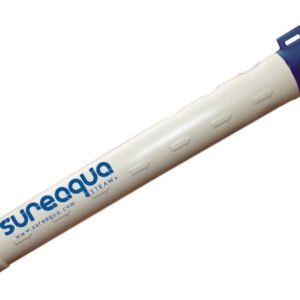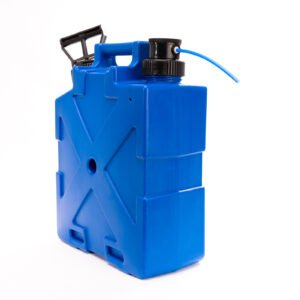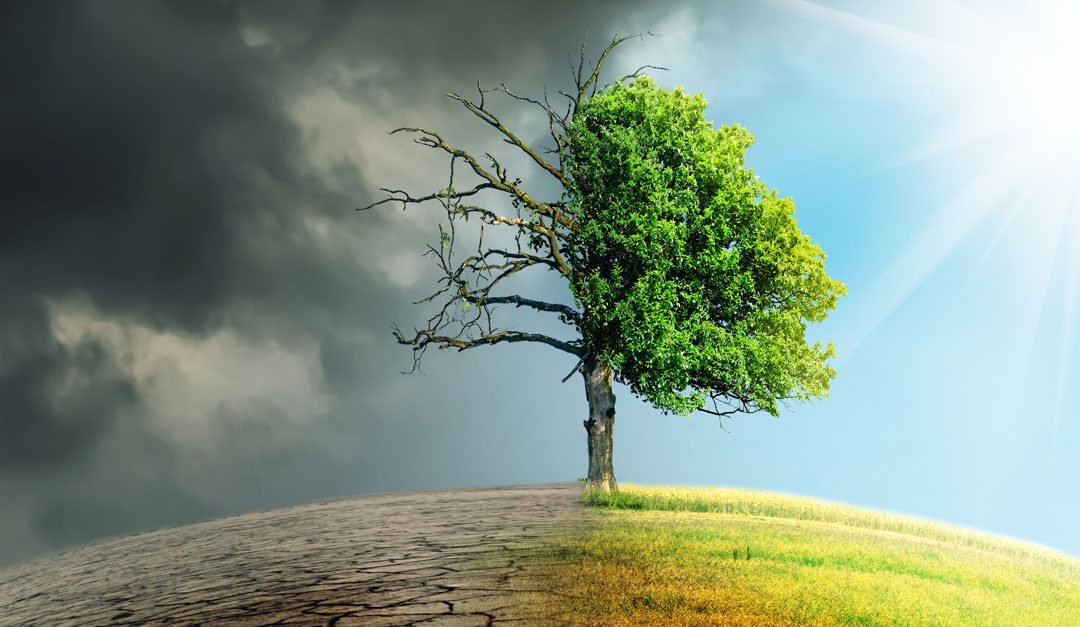
Water and Climate Change
Water and Climate Change
As stated recently, CBS news, there’s no more denying the facts of Climate Change . The world has experienced adverse and extreme weather conditions over the last few years. The year 2019 alone saw significant damages incurred, vital infrastructure destroyed, and sadly, lives lost.
The effects of Climate Change are continuously occurring and growing in intensity. Even more so, it has been found that Climate Change is rapidly worsening at a greater rate than initially anticipated. The past no longer seems fit to make predictions for the future as this phenomenon escalates on a global scale
Since temperature records started in 1880, 2019 was the second warmest year.
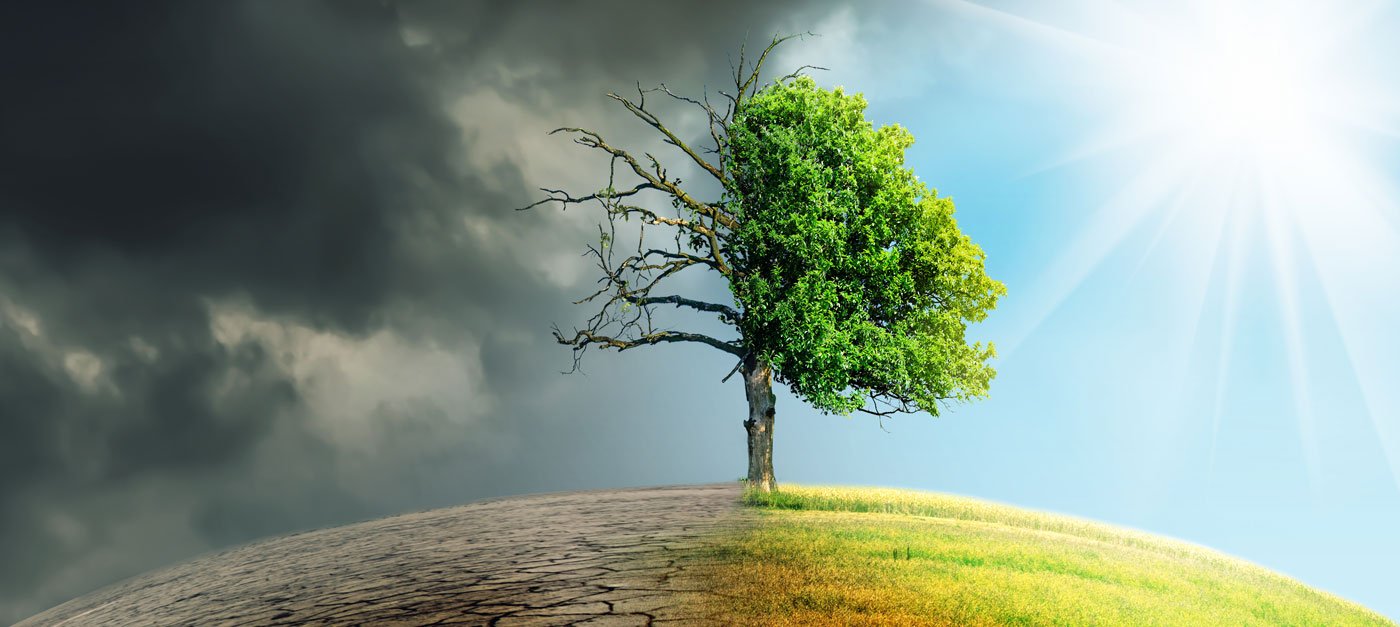
Climate Change is something that has and can affect almost every aspect of the economy, environment, and community. The world is in a more vulnerable than ever position, posing unique challenges to human health and well being.
The impacts of climate change and all the natural disasters to come and have happened all will relate back to the water, from droughts to storms to floods. We have seen an increase in extreme rain events over the last 50 years that have greatly affected and will continue to affect the availability and quality of our water.
Global deforestation contributes 11 % to global greenhouse emmissions
What is climate and Climate Change?
To put it simply, the climate is the average of the weather over a period. Our climate is determined by temperature, atmospheric pressure, wind, and precipitation. The weather is the short term representation of these elements . Climate Change is the change in weather patterns over a long term period.
Our ability to sustain our water systems and resources such as irrigation systems, and agriculture systems, stormwater systems, and water catchment systems depend on the climate. Climate Change can jeopardize the integrity of these systems and ultimately places our communities at economic and social risk.
What are the causes and consequences of Climate Change?
Climate Change is being caused by emission gases caught in the earth’s atmosphere. These are a combination of natural and man-made gases, called greenhouse gases.
The Sun’s heat is trapped by this layer of gases, or pollution, in the atmosphere, which causes the planet to warm up.
Over the years, our gas emissions have increased mainly through industrial activities, in turn increasing the effects of climate change.
Climate Change affects our water supplies explicitly through droughts and storm or heavy rainfall events.
These contrasting natural weather occurrences can lead to a lack of water, and on the other side of the leaf can provide an over-supply of water.
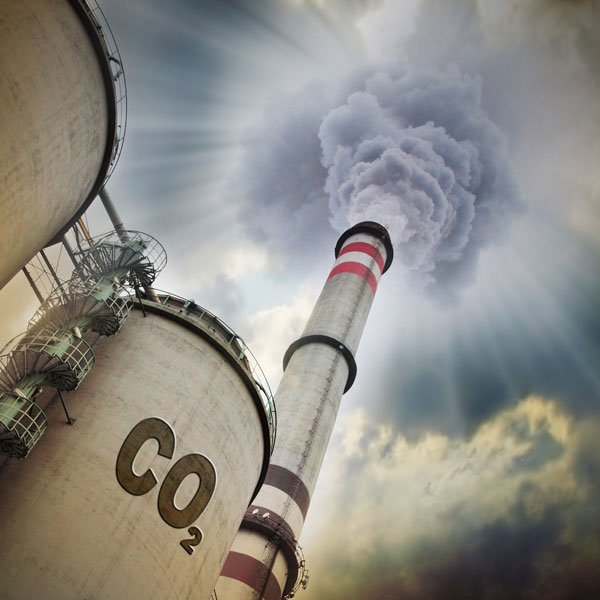
At the same time, overall rainfall will increase as well as storm conditions. This may seem like it would cancel out the droughts? However, there is, unfortunately, such a thing as too much rainfall. In circumstances where there is torrential rainfall, the capacity of our sewer systems and waste-water treatment plants will overload. This will result in sewer overflows and stormwater run-offs. This means that our environment is subjected to more water pollution from pesticides, pathogens, and sediments, as discussed in the SureAqua article, ‘The Effects of Polluted Water.’
Changes in rainfall and water run-off primarily affect natural aquifer systems. Excess rainfall leads to more water running off the surface of the land rather than seeping into the ground where they would pass through natural aquifers. This facilitates the continuous ‘recharging’ of the aquifer. Instead, the water runs straight off into our water supplies, contaminating the water.

Shaping a Global Solution
It is clear that further Climate Change is inevitable . Harmful greenhouse gases are said to remain in the earth’s atmosphere for anywhere up to 300 years after they are emitted.
Therefore we shall be facing changes that we can neither stop nor control . The only option we have to reduce, reuse, recycle, and adapt to Climate Change.


